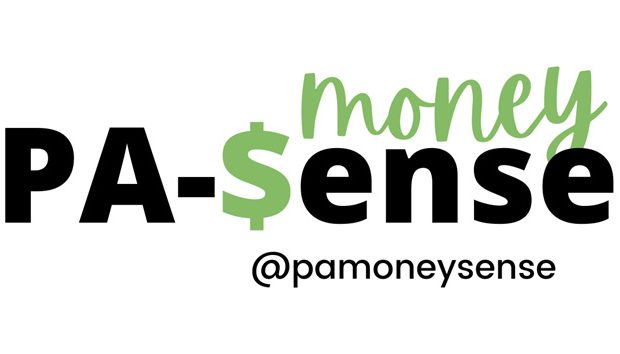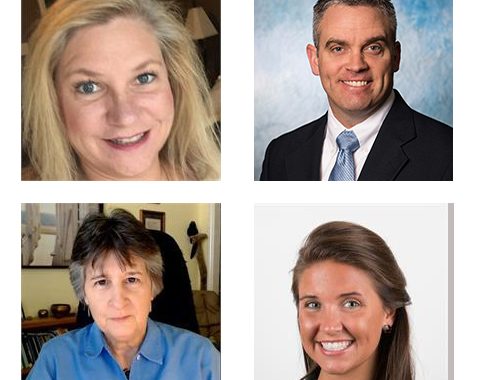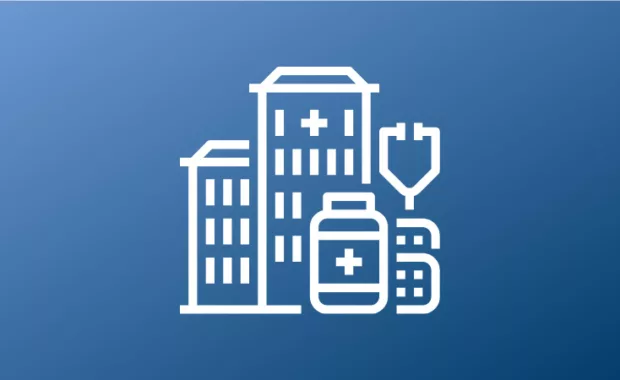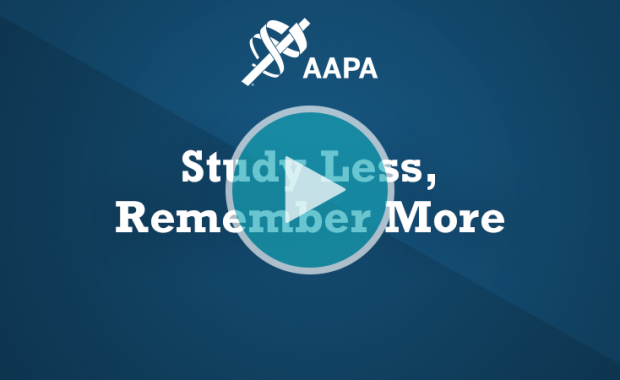Career Resources
Contract and Salary Negotiations
: You’ve landed your first PA job – now it’s time get the salary and perks you want! PA educator James R. Kilgore, DMSc, PhD, PA-C, DFAAPA, shares tips and tricks for negotiating the terms of your contract.

PA Money Sense Interactive Budget Guide
Take control of your student loans before PA school graduation with the PA Money Sense Interactive Budget Guide. Available free to AAPA members!
“How I Paid Off $150K in Less Than 5 Years”: Extreme Budgeting for PA Students and New Grads
Learn how one savvy PA managed to pay off her loans in just five years. Sam Ngo, PA-C shares tips for how to live frugally, pay down debt, and achieve financial independence.
On-Ramp to Advocacy
Are you fired up about the many issues facing the PA profession but not sure where to begin with getting involved and making an impact? Learn more about how students and early career PAs can start on the path to advocacy.
Burnout Can Occur Early Among PAs and PA Students
Although one might think that burnout only occurs in seasoned PA providers, even students can experience burnout. There is hope for the student and early career PA. A national trend toward addressing the mental health of our medical providers includes new assessments and onboarding.
Conquering Imposter Phenomenon
More than a third of PAs suffer from imposter syndrome, and even higher numbers of PA students and early career professionals are affected. View this FREE webinar on the problem with imposter syndrome, it’s impact on PA mental health and burnout, and ways to combat it.
When Good Intentions Go Bad: Stories in Medical Ethics
Ethical issues may arise with each patient encounter. Join AAPA for this FREE webinar on what to do when the ethical choice isn’t clear.
Navigating the Job Search as a New Grad
Finding your first PA job is challenging enough, and even more so during a pandemic. Join AAPA for this webinar about navigating a job search as a new grad.
Putting on Your Oxygen Mask: The Importance of Taking Care of Your Mental Health to Succeed in PA School
Mental health affects everyone from PA students to practicing PAs. Join AAPA for this webinar featuring a discussion on mental health. Learn what you can do now to and as you prepare for your PA career to take care of yourself!
PA Wellness
At AAPA, we’re here to support your PA well-being and fight PA burnout by ensuring your emotional, physical, social, workplace, and societal well-being.
USPHS SRCOSTEP: Why Every Student Needs to Know This Alphabet Soup
Learn about the U.S. Public Health Service Commissioned Corps, one of the eight uniformed services. Then hear from a recent student and officer’s experiences in the Senior Commissioned Officer Student Training and Extern Program (SRCOSTEP). Finally, learn how to apply for this elite paid internship for graduate students!

Insider Tips on Popular PA Specialties
PAs know that career flexibility is a built-in benefit of the profession. But it can be overwhelming to think about transitioning specialties. Do you have enough experience? What’s the best way to get your foot in the door? Four experts share their insights.

AOP Guide
Explore a new career direction or specialty with this collection of AAPA and partner resources, salary data, and CME on various practice areas, including Administration, Dermatology, Education, Emergency Medicine, Family Medicine, Hospital Medicine, Internal Medicine, Orthopaedic Surgery, Telemedicine, and Urgent Care.

PA Educator Shares the Science Behind Memory
PA school is all about memory. So what is the science behind memory, and why do some memory strategies work better than others? Kristopher Maday, MS, PA-C, DFAAPA, shares a three-tiered, information processing model to memory, and how PA students can use it to their benefit.

Study Less, Remember More
By focusing on the finish line from the very start, developing strong personalized study skills, and maintaining a willingness to adapt, students will learn how to feel confident on test day through both didactic and clinical years.

